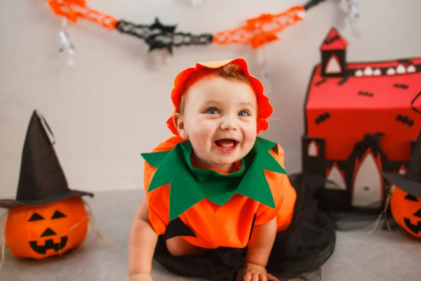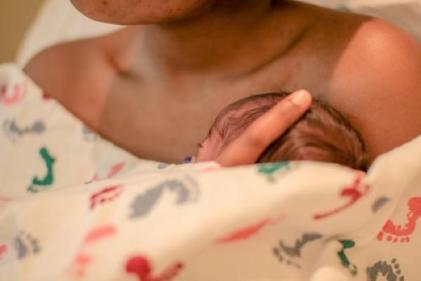An immunisation is necessary to protect your child from the possibility of getting a serious and sometimes life threatening illness. The vaccinations are designed to boost your child’s immune system in order to fight specific infections. There are several myths concerning childhood vaccinations such as they will acquire the disease that the vaccine is meant to prevent or if your child does not get the recommended vaccines they will not get sick because the other children have had the vaccine.
Children are given vaccines that contain germs that have been killed or are extremely weak. The goal is to prepare the child’s immune system for responding to the real germ should they come in contact with someone who is carrying the illness. It is extremely rare for a child to contract an induced disease from the vaccine. Thinking the child will be safe because other children have had the vaccine is risky because other parents may have thought the same thing.
There are often times slight reactions when a child gets an immunisation, but the symptoms are minor and will subside in a few days. The majority of babies will experience symptoms such as soreness or tenderness at the site of the injection, a mild rash, lack of appetite, mild rash or a slight fever. To reduce the swelling and tenderness an ice pack can be applied to the injection site or the paediatrician might suggest giving the child ibuprofen or paracetemol for reducing pain and fever.
A serious reaction such as an allergic reaction is very rare. If your child does have an allergic reaction the symptoms will occur within a few minutes to a couple of hours after they have gotten the injection. If the child shows signs of hives, wheezing, problems breathing, weakness or crying excessively it is important to call the paediatrician immediately. Bad reactions are extremely rare and it is important to note that your child will cry a bit, this is normal and should not be taken as a sign of a bad reaction. It is when the crying is extreme and continuous following the injection that a call to the physician may be in order.
Children are given vaccines that contain germs that have been killed or are extremely weak. The goal is to prepare the child’s immune system for responding to the real germ should they come in contact with someone who is carrying the illness. It is extremely rare for a child to contract an induced disease from the vaccine. Thinking the child will be safe because other children have had the vaccine is risky because other parents may have thought the same thing.
There are often times slight reactions when a child gets an immunisation, but the symptoms are minor and will subside in a few days. The majority of babies will experience symptoms such as soreness or tenderness at the site of the injection, a mild rash, lack of appetite, mild rash or a slight fever. To reduce the swelling and tenderness an ice pack can be applied to the injection site or the paediatrician might suggest giving the child ibuprofen or paracetemol for reducing pain and fever.
A serious reaction such as an allergic reaction is very rare. If your child does have an allergic reaction the symptoms will occur within a few minutes to a couple of hours after they have gotten the injection. If the child shows signs of hives, wheezing, problems breathing, weakness or crying excessively it is important to call the paediatrician immediately. Bad reactions are extremely rare and it is important to note that your child will cry a bit, this is normal and should not be taken as a sign of a bad reaction. It is when the crying is extreme and continuous following the injection that a call to the physician may be in order.






